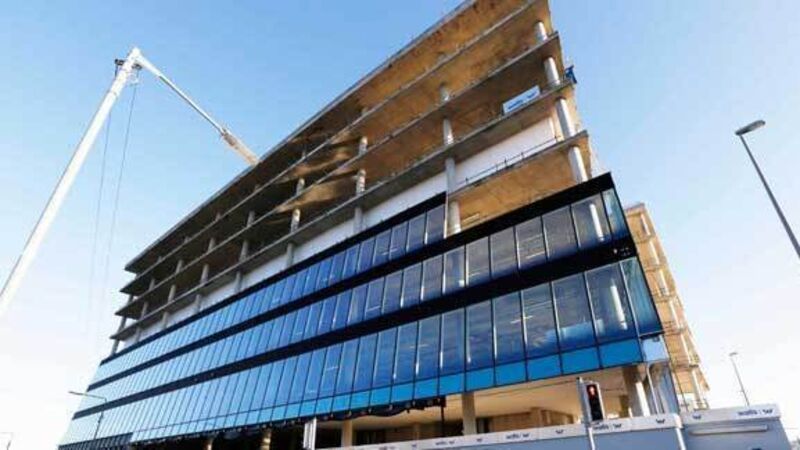The year Irish banks returned to some sort of health

The Irish economy too has been achieving a forward momentum of some scale, with GDP growth expected to reach 7%.
Even taking into account question marks over the reliability of GDP figures, given the high level of profit repatriations by multinationals, particularly in a once again buoyant pharmaceuticals sector, there is plenty evidence of economic revival.













